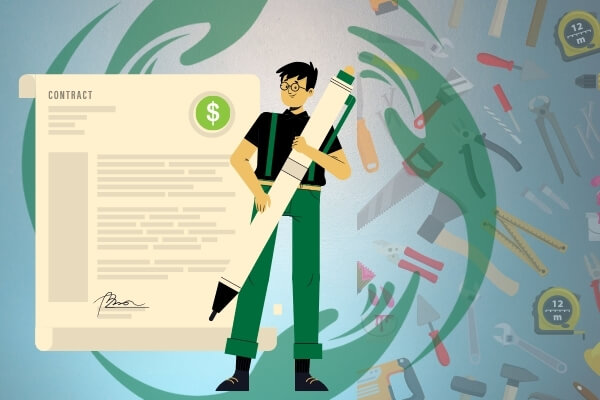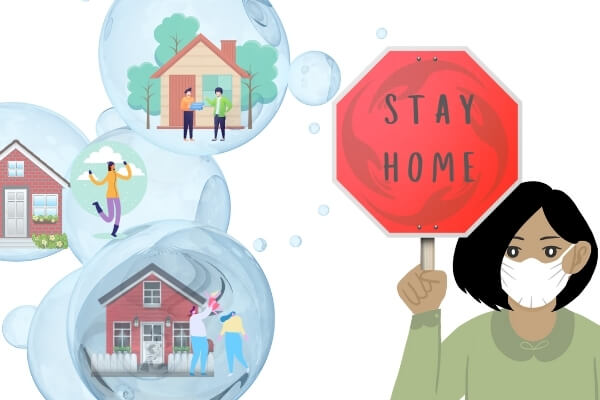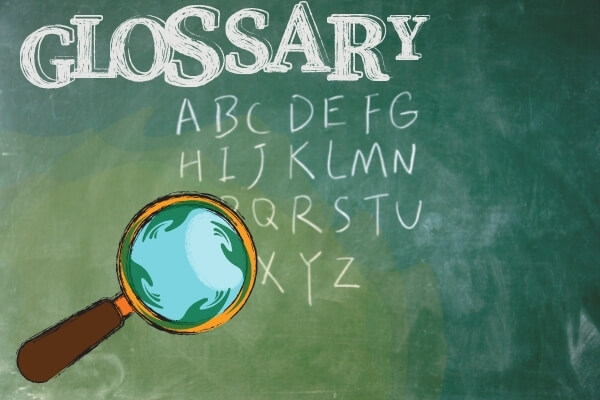There’s a good chance that you haven’t heard of the Credit Contracts and Consumer Finance Act (CCCFA), but it’s an important one! It’s the Act that protects you when you borrow money or buy products or services on credit. So, if you are using a credit card, getting a personal loan, using a store card or have resorted to a payday loan then this is an important read.
The Act requires lenders to always act responsibly and to ensure that you, the borrower, are making informed choices and know what you are agreeing to. There are certain things lenders must tell you when you borrow money. This is called disclosure of information.
For example, lenders must:
- make standard terms and costs of borrowing publicly available via their website or on clearly displayed notices at their premises. This helps borrowers compare the cost of borrowing and contract terms, and to shop around.
- give you important information in writing before you sign an agreement, eg annual interest rate, all fees, how you can cancel, details of their dispute resolution scheme.
Most lenders are responsible and provide the information about the loan etc, and meet these obligations already, but knowing how much your credit is costing you does not stop the lenders from charging fees and interest rates that make it almost impossible for you to repay the loan!! For this reason, the Act has been reviewed and changed.
Some amendments to the Act will come into force from 1st October 2021. You can read about the changes to the Act in more detail here.
Lenders will be working under new prescriptive requirements when assessing the affordability and suitability of loans. Additional registration and compliance will be required to be undertaken by lenders, and the responsible advertising standards also have new regulations.
One recent change to the Act means that lenders can no longer charge a total of more than twice the amount of the original loan (also called the principal).
For example, if you take out a loan of $150 to cover an unexpected bill, the lender can’t charge you more than $300. Previously a $150 loan could end up costing you hundreds more than that if you were charged high interest rates, late payment fees, etc. – borrowers could be paying back a lot more than twice the principal.
That is still a large amount of extra money to be paying off your loan, so it is important that you go into a situation with your eyes open – look out for the ways in which you will incur extra charges. These could be late payment fees, or ironically also early repayment fees!

No More Fees Kiwisaver
KiwiSaver funds have hit $81 billion in the year ending March 2021, and the Financial Markets Authority (FMA) say that providers should no longer be charging membership fees! “There is little justification for membership fees to be charged by investment managers who...

Auckland is in Level 3!
Phew! A big sigh of relief for many: Auckland is now in Level 3! While life is not back to normal, there are definitely more opportunities to get things done than there were at Alert Level 4. In Level 3 businesses are still operating under many restrictions to...

Fixed Price Contracts – a thing of the past?
When is a fixed price contract not a fixed price contract? Often when we build a new house we sign a fixed price contract. This is great, it means we know what the total cost is going to be from the start – and we can approach the bank for lending with a solid...

Financial Advice Advantages
Why use an Adviser? Here's an example. In December 2008 the OCR was 5%, and in the period July 2014 to April 2015 it was set at 3.5%, dropping to 1.75% in Nov 2016 before it crashed to 0.25% in March 2020. Unprecedented times have seen the rate hold at 0.25%, and if...

Newsletter September 2021
Staying home in Lockdown

Responsible Lending and Evidence of Expenses
What's ahead? This lockdown has been easier for some of us to adjust to as we know what to expect, and that same knowledge of what is ahead is causing others distress. There is still uncertainty about how long we will be in Level 4 lockdown and how quickly we can come...

OCR on hold!
OCR Update The OCR remained at 0.25% yesterday, as expected in light of the current Alert Level 4 lockdown. All indications were that it was going to rise at this announcement, but of course a nationwide lockdown changes things! The Governor indicated that the Reserve...

Glossary and FAQs
Website updates! Here at Building on Basics we are all about empowering people to understand their finances. As part of that mission, we are adding a Glossary page to our website. We want our website to be an easy place to go for a whole lot of resources around...

RBNZ – Mortgage Lending Standards
On Tuesday the Reserve Bank announced that an MoU (Memorandum of Understanding) has been signed with the Minister of Finance regarding a macro-prudential policy. What this means is that along with the tightening of the responsible lending rules that have been...

Newsletter August 2021
Jar Half Full First Home

